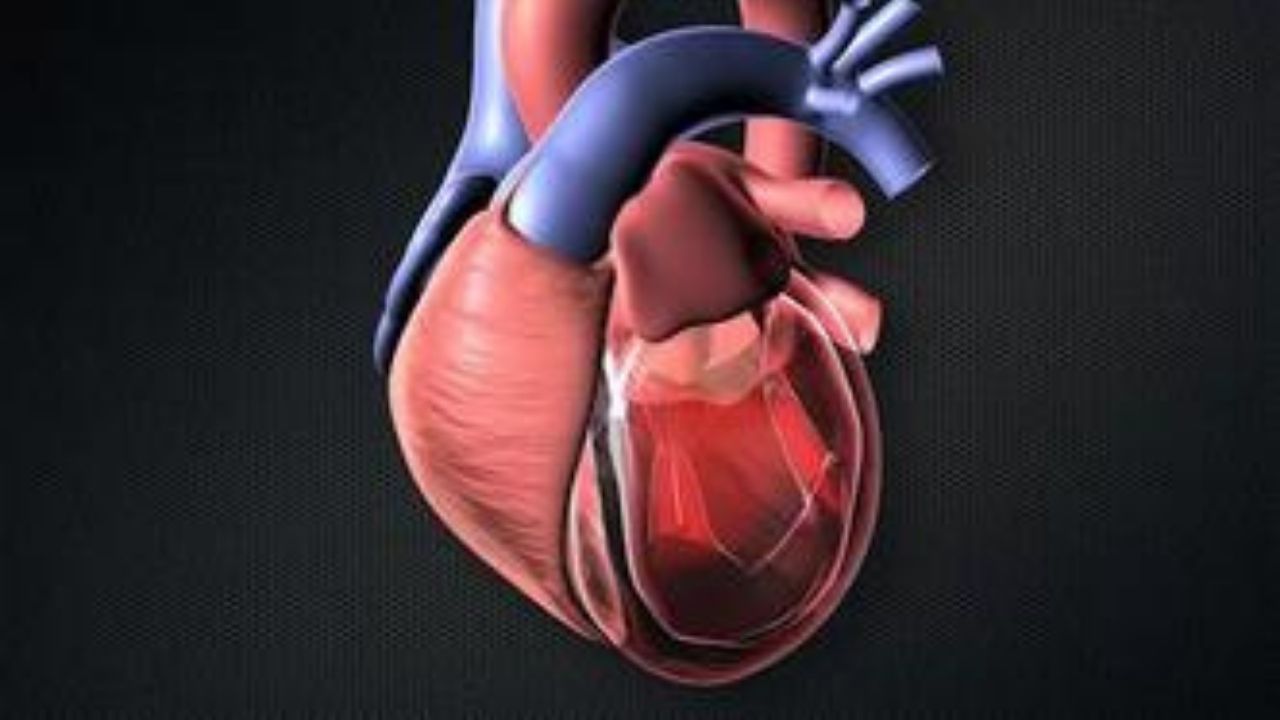The main cause of heart failure is dysfunction of the heart, leading to insufficient blood supply to organs and tissues. Thus, heart failure is a condition that occurs when the heart is unable to provide an adequate blood supply to the body due to a deterioration in its pumping function.

Heart failure can occur with all diseases of the cardiovascular system. It usually develops gradually in patients with long-standing diseases of the cardiovascular system.
The most common reasons include:
In more rare cases, heart failure complicates the course of other diseases (thyrotoxicosis, anemia) or may result from toxic effects on the heart muscle (alcohol).
Under the influence of the above factors, structural changes develop in the myocardium: it thickens (hypertrophy) or, on the contrary, becomes thinner (dystrophy), cardiac cavities increase, the ability of the heart muscle to forcefully eject blood into the aorta decreases. In response to the decreasing perfusion of organs and tissues, the so-called “compensatory” mechanisms are activated, for example, the sympathetic nervous system is activated, which provides an increase in the rhythm in a patient with heart failure. However, these mechanisms can only slow down the progression of the disease, and in some cases are themselves a factor contributing to the deterioration of heart function.
Complaints of patients with heart failure:
- Dyspnea. This is the main manifestation of heart failure. The cause of shortness of breath in this case is stagnation of blood and an increase in pressure in the vessels of the lungs, as a result of which their elasticity decreases, and the volume decreases. Shortness of breath may be accompanied by a cough arising from edema of the bronchial mucosa and irritation of the cough receptors;
- Weakness. It is caused by the redistribution of blood from skeletal muscles to vital organs (brain, heart, kidneys);
- Palpitations. It is the result of an attempt by the cardiovascular system to adapt to the reduced volume of blood expelled by the heart by increasing the number of heartbeats;
- Swelling. They are a manifestation of severe heart failure. They arise as a result of a slowdown in the excretion of sodium ions by the kidneys (and with it water) and an increase in pressure in the venous system of the body. Most often, swelling occurs on the legs. In the late stages of heart failure, fluid can also accumulate in the body cavities: abdominal (ascites), pleural (hydrothorax), pericardium (hydropericardium).
Basic methods for diagnosing heart failure

Currently, the most informative in the diagnosis of heart failure are instrumental methods:
- Electrocardiography allows you to identify significant changes, largely due to the main pathological process (hypertrophy and overload of various parts of the heart, rhythm and conduction disturbances, cicatricial changes);
- X-ray of the chest cavity organs may indicate an enlargement of the heart and varying severity of stagnation in the pulmonary circulation;
- Echocardiography. The most popular method of assessing the state of the heart at the moment. The method allows visualizing the nature of structural changes in the heart (presence of heart defects, myocardial hypertrophy, dilatation of cavities, aneurysms, pathological blood flows, etc.).
Heart failure treatment
It is determined by its severity, the presence of concomitant diseases should be combined with the treatment of the underlying disease. In the treatment of heart failure itself, both non-drug and drug methods are used.
Non-drug methods include diet and exercise. For many years, limiting physical activity has been one of the prerequisites for therapy. The results of studies carried out in recent years indicate a beneficial effect of training on the well-being of patients. They increase exercise tolerance and help reduce the manifestations of heart failure. Dietary recommendations are reduced to limiting the intake of fluids and table salt, in obese individuals it is necessary to limit the amount of calories taken. Food should contain sufficient amounts of vitamins, potassium and magnesium.
In recent years, the number of medications used in the treatment of patients with heart failure has increased significantly. The point of using drugs is to unload the heart as much as possible to improve its functional state.
Therapy for patients with heart failure should be long-term. Improvement of the condition is not a reason for discontinuation of drug therapy.
What is important to the patient?
- Heart failure is a condition prone to continuous progression despite ongoing therapy. Therefore, the most important point is the timely and rational treatment of diseases of the cardiovascular system, always preceding the onset of heart failure (ischemic heart disease, hypertension, heart rhythm disturbances).
- A sharp deterioration in the condition of a patient with heart failure (increased shortness of breath, weakness), as a rule, is a sign of an exacerbation of the underlying disease (for example, myocardial infarction in ischemic heart disease, an attack of arrhythmia with its variable form) and is considered an indication for immediate hospitalization in the cardiology department of the hospital.
- Treatment of exacerbation (decompensation) of heart failure should be carried out only in specialized departments by qualified cardiologists.